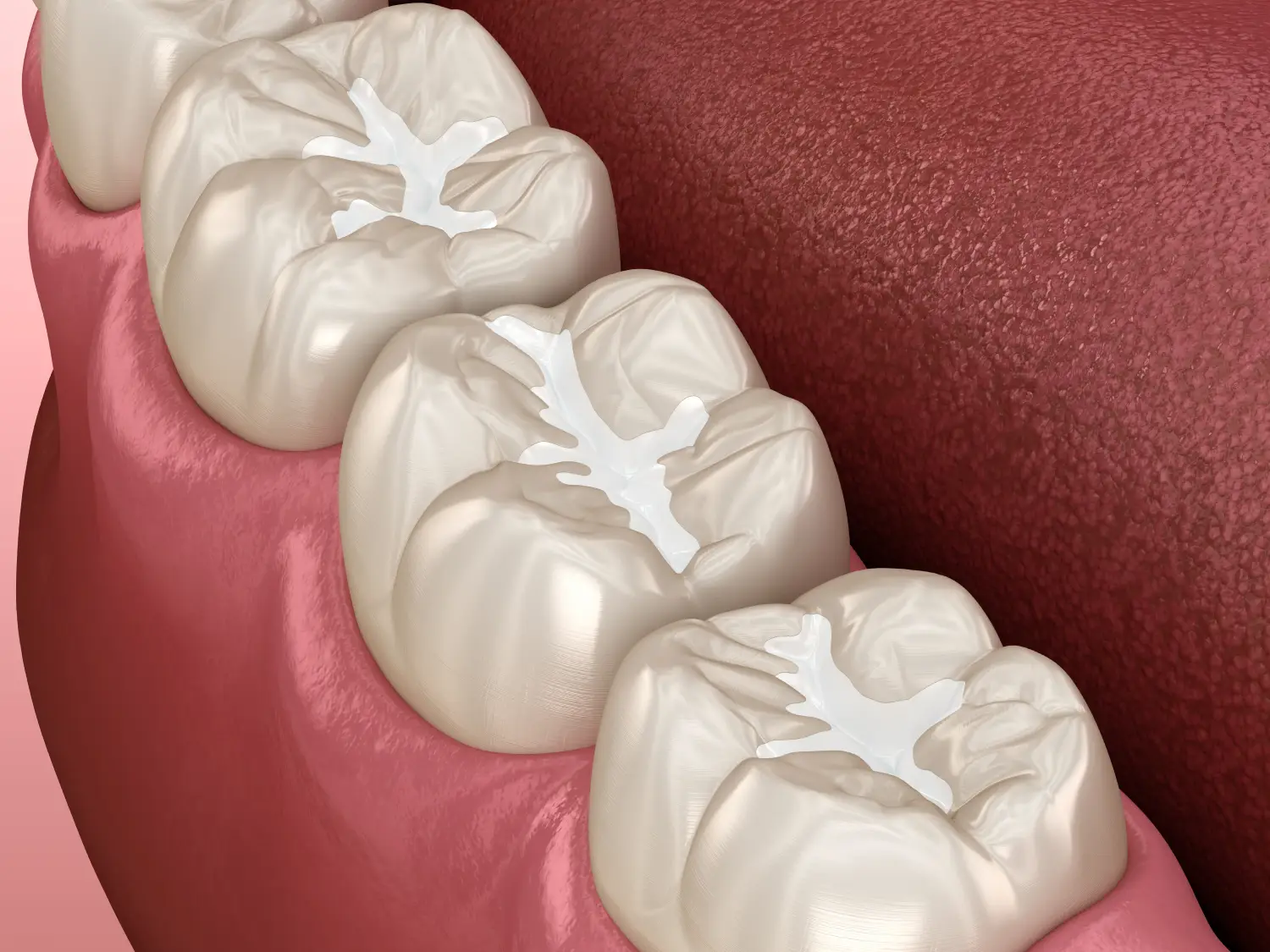
TMJ versus TMD – What is the difference?
Currently having jaw problems? Wondering if you have TMJ? You just might be right, although the correct term would be TMD. While this inconvenient jaw issue has affected millions of people over the years no one is really sure of the true causes of this popular dental syndrome. Although, the following list is believed to contribute to one developing this jaw disorder – jaw trauma, teeth grinding, stress, braces and even excessive or aggressive gum chewing.
If you are currently experiencing any tenderness or muscle spasms in your jaw area, having constant headaches, feeling any facial tingling or hearing a click or popping sound when you move your jaw it is likely that you have a TMD.
Many dental terms can be confusing. If you have a question about a dental term you do not completely understand please call us now for clarification.
TMJ vs. TMD
The Temporomandibular Joint (TMJ) refers to the jaw joints that are located directly in front of the ears. These joints connect the jawbone to the skull and ultimately control the way the jaw moves, which directly affects the way we talk and chew, more.
Temporomandibular Joint Disorder (TMD) is the term used when someone has a jaw disorder that affects the temporomandibular joint. Whenever someone has an issue with the TMJ it means that there is some type of dysfunction happening in the jaw area, aka a TMD, which can cause them pain and even could make it difficult for them to move their jaw at all.
TMD and TMJ FAQs
How do I know if I have TMD?
A professional assessment is required in order to properly diagnose any problems with the TMJ.
Is there a cure?
Currently, there are only treatments available for those diagnosed with a TMJ disorder.
Does treatment take a long time?
It simply depends on the severity of the disorder. Sometimes a few months is all some patients need.
Can wearing a nightguard help?
This is one of the treatment options available for those who have been diagnosed with a TMJ disorder as it helps the jaw muscles to relax when sleeping.
Does my oral health have anything to do with getting a TMD?
Possibly. Missing or worn down teeth are two known causes that can cause someone to have jaw problems.
Is surgery necessary?
There are many options available for treating TMD before a dentist will consider surgery, as this is usually a last resort.
Got jaw issue questions?
If you have any jaw related questions, especially if you have been experiencing any TMJ symptoms, we want you to know that our professional dental team is ready to hear from you. It is always a good idea for you to tackle any dental issues you may be having as soon as they appear, as this allows for the best chance of success. Treating any oral problem's you may currently have as soon as possible is simply the best way for you to keep up with your overall good oral health.
Call Lunada Bay Dental Practice now at (310) 448-1260 to schedule an appointment!
Related Posts

Why Clear Braces Are a Popular Option for Teeth Straightening

Does a Restorative Dentist Use Dental Bridges?

Signs of a Worn Dental Filling

